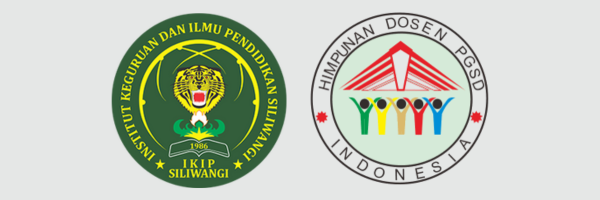QR Code-Based Monopoly: An Example of The Fun of Gamification in Learning at Elementary School
DOI:
https://doi.org/10.22460/pej.v8i1.4608Abstract
Digital media innovation is a way to empower 21st-century critical thinking skills in elementary school students. One of the innovations that can be used is QR code-based Monopoly Gamification in learning. The purpose of this research is the development and testing of monopoly QR code-based media. This gamification research design uses the ADDIE model which consists of the stages of analysis (issue analysis), design (product design), development (development), implementation (implementation), and evaluation (assessment). This research involved media experts, linguists, and subject matter experts to provide judgments, and students as media users. The results of this study came in the form of monopoly QR code-based media that received validation of media suitability aspects based on ISO 9126 quality at 83.63%, linguistic aspects by linguists at 100%, and material aspects by subject matter experts at 96.36%. The QR code-based proprietary learning media received positive responses from 33 students with a percentage of 90.8% in the "excellent" category. Based on this description, QR code-based proprietary media is applicable in teaching and learning activities in my country's enrichment subject in fourth-grade elementary school. The Monopoly game can be integrated into learning so that learning becomes more fun
Downloads
Published
Issue
Section
License

This work is licensed under a Creative Commons Attribution-ShareAlike 4.0 International License.
The author is responsible for acquiring the permission(s) to reproduce any copyrighted figures, tables, data, or text that are being used in the submitted paper. Authors should note that text quotations of more than 250 words from a published or copyrighted work will require grant of permission from the original publisher to reprint. The written permission letter(s) must be submitted together with the manuscript.











